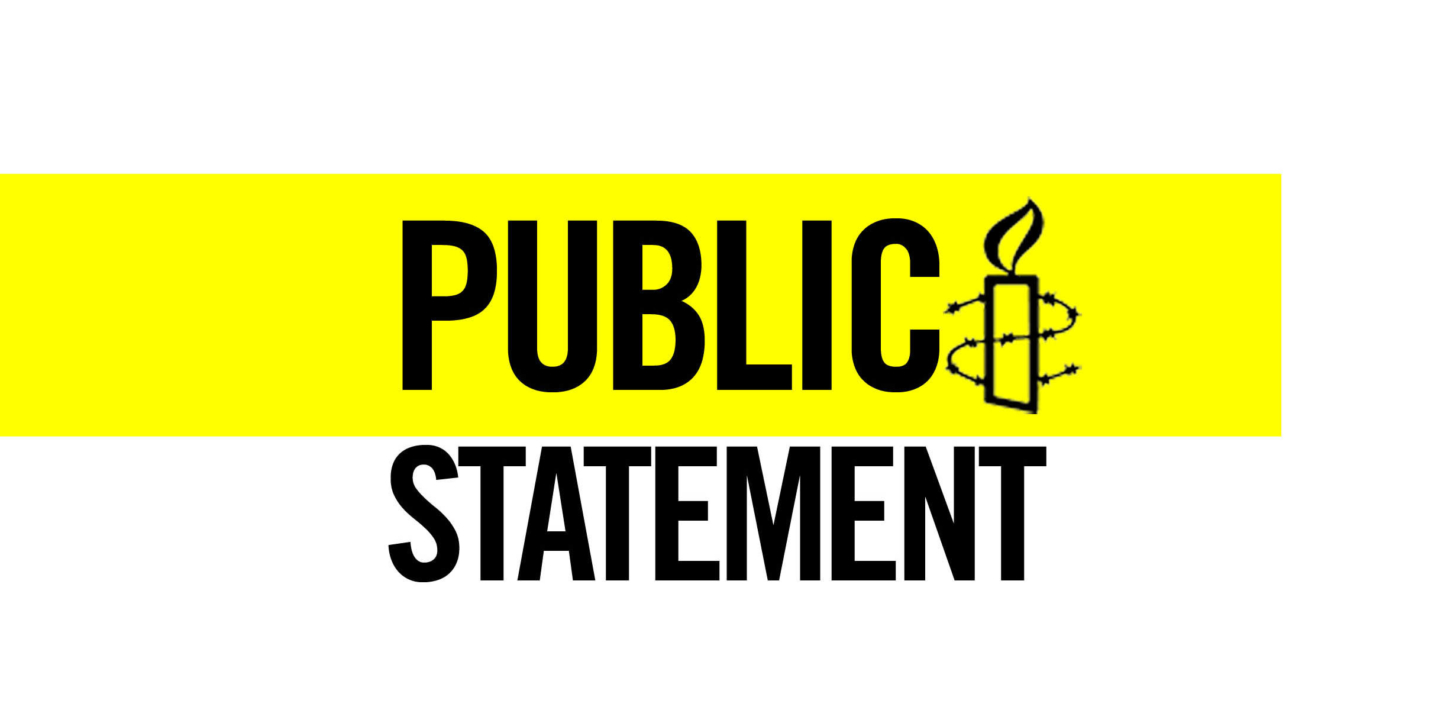Amnesty International calls on the UN Human Rights Council to take long-overdue action to end the cycle of impunity which continues to fuel human rights violations in the Philippines, following the shocking killing of 9 human rights defenders and political activists by the police and the military on 7 March. The Council should, without further delay, establish an accountability mechanism, as recommended by national and international civil society groups last year.
On 7 March, 9 people were killed, 6 were arrested and 6 “escaped” during simultaneous raids by government security forces in Cavite, Laguna, Batangas and Rizal provinces in Southern Tagalog. Witnesses, including family members, report victims being summarily killed by police and the military and planting evidence on those arrested. Amnesty International believes that all those who were killed or arrested were targeted because of their human rights work.
The operation, known as “Coplan Asval”, came two days after President Duterte ordered security forces to ‘kill’ and ‘finish off’ communist rebels and to ‘forget about human rights’. It mirrored other deadly operations led by state forces against political activists and human rights defenders as part of an escalating counter-insurgency campaign by the government. The execution-style killings used in the government’s ongoing murderous ‘war on drugs’ is increasingly being used to attack political activists and human rights defenders and shows no signs of letting up. Such killings continue to be perpetrated against those who are “red-tagged” and accused of supporting the communist insurgency. In contravention of international law, the government’s anti-insurgency campaign has failed to distinguish between armed combatants and civilians, including human rights defenders. Moreover, the authorities have repeatedly failed to prove that those who have been “red-tagged” have taken up arms to rebel against the government or committed other criminal acts. As a consequence, many groups and individuals have been “red-tagged” and targeted simply because of their critical views of the government.
This pattern of killings are fueled and incited by the President himself, who continues to assure police and armed forces that they can kill with impunity and that he will shield them from any form of accountability, including investigations by international mechanisms such as the UN Human Rights Council.
The extent of crimes under international law and other human rights violations committed by the Philippine government was confirmed again in December 2020 by the Office of the Prosecutor of the International Criminal Court, when it reported that there was reasonable basis to believe that crimes against humanity had been committed in the country. In June 2020, the UN High Commissioner for Human Rights presented a damning report detailing how the lack of accountability for human rights violations has created a culture of impunity. The report also described the “systematic and widespread killing of thousands of alleged drug suspects” amid murderous incitement occurring “at the highest levels of government.”
In 2020, the Human Rights Council failed to respond credibly to the damning findings and recommendations of the UN High Commissioner’s report and continued deterioration of the situation in the Philippines. Instead of launching the much-needed international investigation, supported by international and local human rights organisations, a resolution led by Iceland together with the Philippines merely mandated a programme of “technical assistance” to the government. At the time, Amnesty International and other civil society groups expressed concerns over the failure to address the situation and the dangerous message it would send: that perpetrators could continue with their campaign of human rights violations with impunity. Unfortunately, the escalating attacks and killings of political activists, human rights defenders, Indigenous people and other groups targeted by the government indicate this does seem to be the message received.
Meanwhile, the Philippines government continues with its empty assurances to other states that it will investigate human rights violations in its efforts to avoid further scrutiny. However, these statements contrast starkly with actions taken and statements made at a national level in the country. When the President himself continues to incite security forces to kill and where the authorities have failed to bring anyone responsible for these violations to justice, other states should no longer take announcements of investigations seriously. Such brazen flouting of international law – and disregard for human life – must be met with a much stronger message.
We urge states – particularly Iceland and others that supported the resolution at the Human Rights Council last October – to take long-overdue action to send a clear message that they will no longer look the other way as the Government commits grave human rights violations with impunity. They should follow up on the calls by civil society, UN Special Procedures, and the UN High Commissioner for Human Rights to establish an international accountability mechanism given the absence of clear and measurable progress at the domestic level. Donor states must also ensure that any financial, technical or other assistance provided to the Philippine government does not contribute to human rights violations and to immediately halt such cooperation, including in training and technical advice, if it is used or if there is a real risk of it being used, either directly or indirectly, to commit human rights abuses.
The Human Rights Council must no longer stand idly by as bodies of people suspected of using or selling drugs pile up; as human rights defenders, political activists, Indigenous peoples and other targeted groups continue to be killed, arrested and attacked; as independent media is silenced and harassed; and as human rights violations, at least some of which amount to crimes against humanity, continue with blatant impunity.


